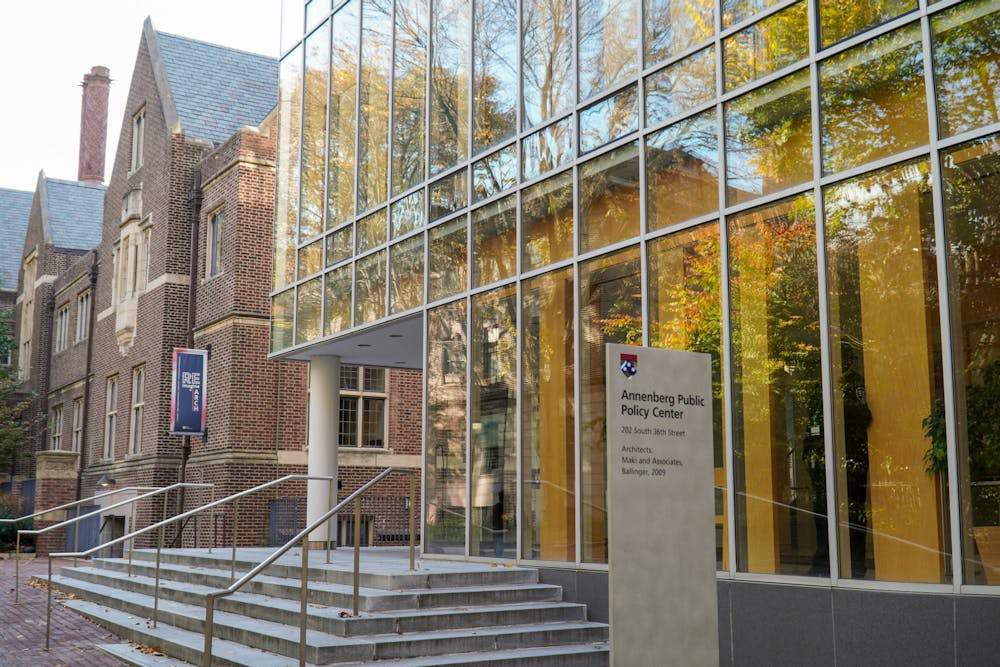A survey conducted by the Annenberg Public Policy Center found that Americans’ trust in vaccines has declined since 2021 as belief in misinformation rises.
The survey, conducted from Oct. 5 to 12, asked 1,500 adults to respond to statements about vaccine safety. 71% of those surveyed agreed that vaccines approved in the United States are safe, a decrease from 77% in April 2021. The drop was especially significant regarding confidence in the safety of COVID-19 vaccines, which fell to 63% from 77% in November 2021.
The survey also found an increase in the acceptance of misleading health information. 16% of respondents believed that vaccines were responsible for autism diagnoses, a significant increase from the 10% reported in the April 2021 report. 12% of Americans surveyed believed that mRNA vaccines against COVID-19 accelerated or caused cancer, and 29% did not know that the flu vaccine cannot cause flu.
The number of Americans who believed that approved vaccines were unsafe increased from 9% to 16%. The APPC article noted that the rise in misinformation acceptance comes despite health authorities' efforts to debunk misconceptions and conspiracies about vaccines.
"There are warning signs in these data that we ignore at our peril," Kathleen Hall Jamieson, APPC director and director of the survey, said. “Growing numbers now distrust health-protecting, life-saving vaccines.”
In January 2021, Jamieson and APPC Research Director Dan Romer conducted a panel survey about the sources of vaccine hesitancy before the COVID-19 pandemic. Findings demonstrated that having a conspiratorial mindset was a better predictor of hesitancy towards COVID-19 vaccines than other factors, such as a pre-existing lack of trust in health authorities.
“The findings illustrate the importance of finding ways to undercut a conspiracy mindset in general and conspiracies about health-related matters specifically,” Romer told Penn Today.
APPC has joined efforts by health officials, scientists, and news organizations to address misinformation by maintaining FactCheck.org. This website monitors political statements and publishes articles correcting inaccurate information.









